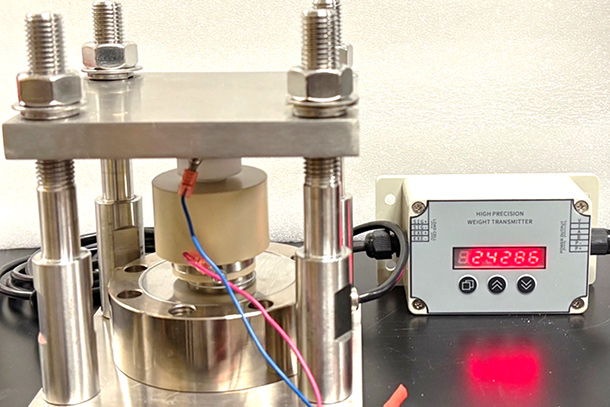New Study Calls for a Change in NIH Grant Selection Process
New Study Calls for a Change in NIH Grant Selection Process
Two new studies from the University of Cambridge are calling for a major shakeup in the awarding of National Institutes of Health (NIH) grants. The studies contend that the current merit based system of awarding federal grants is biased towards those who previously received federal funding, significantly augmenting the chances of winning a grant again. The authors of the studies assert that a lottery-based system would be a more objective method of selection that would also have a stronger impact on research and development than the current selection system.
With the current merit-based grant selection system, the concerns of bias are strong. The studies note that younger researchers have far less success winning grants, as do submissions for more “innovative” proposals or those submitting from a less prestigiously ranked institution. This has ramifications beyond simply being “unfair.” With older researchers that have previously won grants continuing to be selected in lieu of younger researchers with more provocative proposals, there will come about a dearth of researchers with “proven track records” when their older counterparts retire. According to the Cambridge study authors, a lottery-based system would not only create a more equal-playing field among candidates, it would also ensure there remains a strong pool of candidates into the future.
One of the studies, “Centralised Funding and Epistemic Exploration” states that this reticence to support researchers that do not have a proven track record has also been detrimental to scientific innovation and exploration. The second study, “What do We Know About Grant Peer Review in the Health Sciences?” contends that there is a lack of strong evidence that shows a proven track record of R&D results will lead to continued R&D success.
View the report “Centralised Funding and Epistemic Exploration” here: http://philsci-archive.pitt.edu/13369/
View the report “What do We Know About Grant Peer Review in the Health Sciences?” here: https://f1000research.com/articles/6-1335/v1







